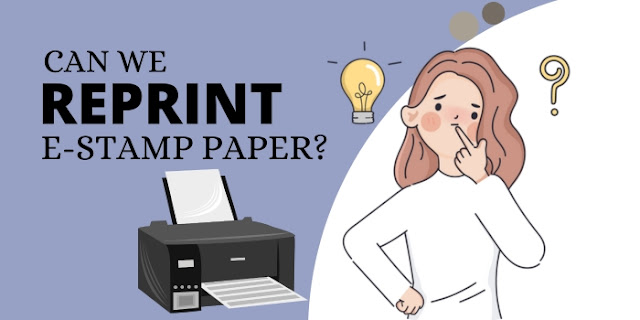Who Gives Advice on Legal Matters?

Legal matters can be complex and overwhelming for individuals or businesses, requiring expert guidance to navigate through laws, regulations, and legal processes. In such situations, seeking advice from qualified professionals is essential to protect rights, make informed decisions, and avoid potential legal pitfalls. This blog explores who can provide legal advice and the types of professionals you can turn to when facing legal challenges. Advocates and Lawyers The primary source of legal advice is an advocate or lawyer . These are professionals trained in the law, authorized to represent clients in courts, and provide legal consultations on various matters, such as civil disputes, criminal cases, and corporate issues. Key Services Offered by Advocates: Legal Representation : Lawyers represent clients in court proceedings, ensuring their rights are protected and presenting their case before a judge. Legal Consultation : Lawyers provide expert advice on specific legal matters, helping...


